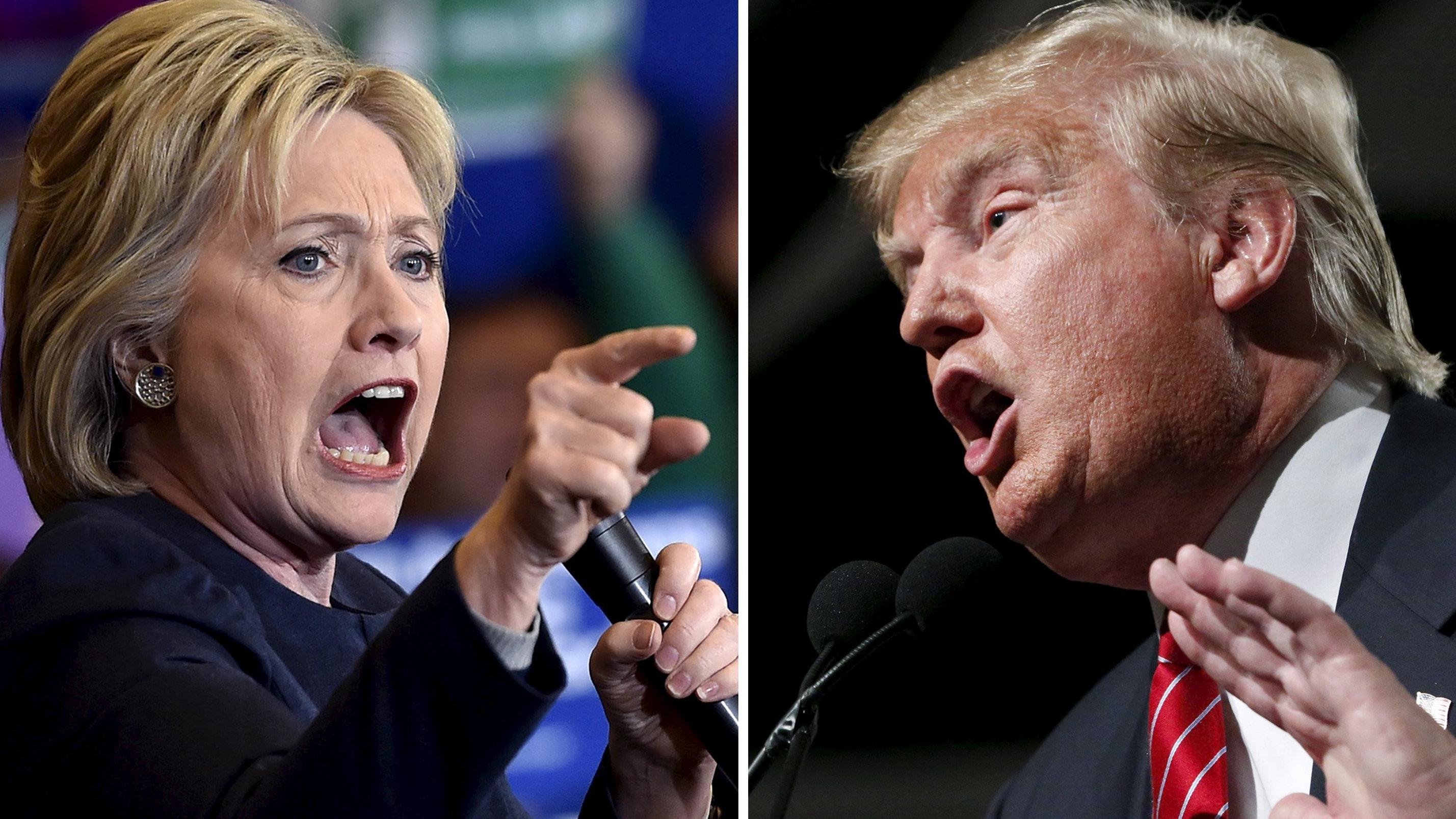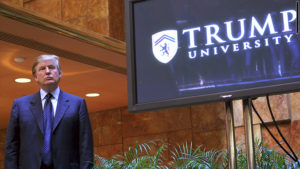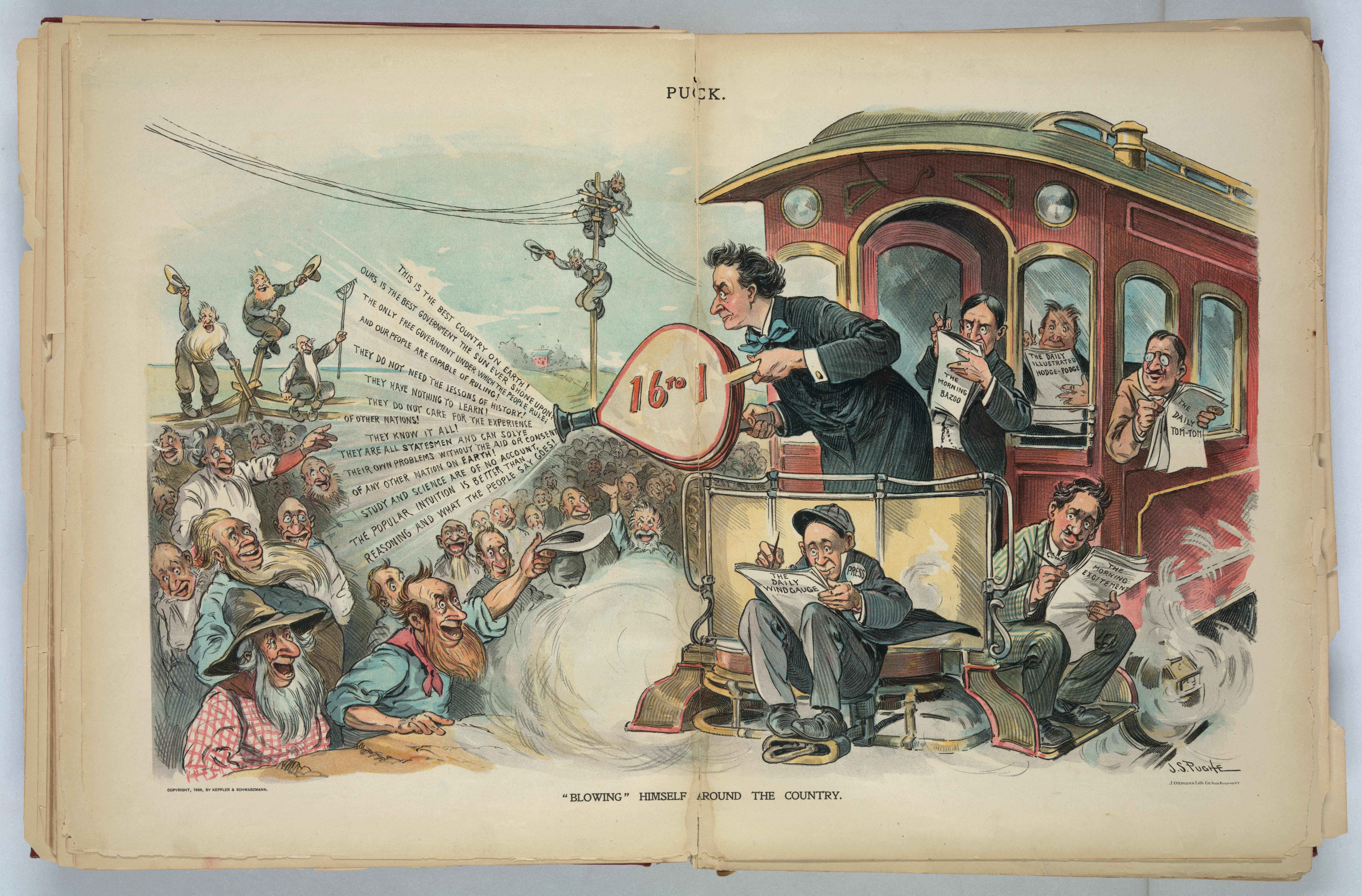 I have been postponing the somewhat painful but necessary task of assessing the factors contributing to outcome of this election. Unless the growing call for a recount proves successful (and this seems unlikely but not absolutely impossible), Donald Trump will be the President of the United States for the next four years. This was not a popular outcome in my household. My nine-year old son saw Trump ahead early in the evening and threw up on the street. My wife cried herself to sleep. Certainly we have been very concerned for some of our friends whose status in the US leaves them vulnerable to deportation. It has been difficult talking to some friends, particularly white women professionals of my age, who are not just distressed but furious over the outcome. Some simply state that Hillary won the popular vote by over 2 million –so she really won. It is deeply unfair. Well, not according to the Constitution of the United States. Some have decried white males because they won’t vote for a woman. However, according to New York magazine, white women voted for Trump by 53%.
I have been postponing the somewhat painful but necessary task of assessing the factors contributing to outcome of this election. Unless the growing call for a recount proves successful (and this seems unlikely but not absolutely impossible), Donald Trump will be the President of the United States for the next four years. This was not a popular outcome in my household. My nine-year old son saw Trump ahead early in the evening and threw up on the street. My wife cried herself to sleep. Certainly we have been very concerned for some of our friends whose status in the US leaves them vulnerable to deportation. It has been difficult talking to some friends, particularly white women professionals of my age, who are not just distressed but furious over the outcome. Some simply state that Hillary won the popular vote by over 2 million –so she really won. It is deeply unfair. Well, not according to the Constitution of the United States. Some have decried white males because they won’t vote for a woman. However, according to New York magazine, white women voted for Trump by 53%.
One often-cited explanation for Clinton’s loss is that the white working class failed to vote for her and, as Paul Krugman and others point out, against their economic interests. While this is true, this is a result of the Democrats’ failed campaign –not a cause or explanation. So this might not be a popular post, but it attempt to answer the question: how was Trump, a political novice whose inexperience and character would seem to make him certain to lose this election. able to win?
- For better or worse, we need to start with Hillary Clinton’s self-inflicted wounds.
 A. That she had a private email server while Secretary of State was not a huge problem in itself. The much more serious problem was that she deleted 33,000 emails and then erases the hard drive. She claimed they were personal but 1) that is not really for her to decide and 2) it created the assumption that she had something serious to hide.
A. That she had a private email server while Secretary of State was not a huge problem in itself. The much more serious problem was that she deleted 33,000 emails and then erases the hard drive. She claimed they were personal but 1) that is not really for her to decide and 2) it created the assumption that she had something serious to hide.
 B. The Clinton Foundation was seemingly a cesspool of corruption and conspiracy. While she was Secretary of State, the Clinton Foundation under her husband’s leadership was soliciting monies from foreign governments and private individuals. This involved obvious conflicts of interest. Qatar’s $1 million donation to the Clinton Foundation while she was Secretary of State is but one example. Let’s be honest: if a Republican did this, the Democrats would be screaming bloody murder. The problem here is that Americans accept the fact that a president can take advantage of his (and “his” is the proper pronoun to date) position as ex-president to enrich himself. But such laxity does not apply to someone who is or will be running for president. The entanglements were and are disturbing. If she had won, Republicans in Congress would have had a strong case going after her for corruption. Trump played this for all it is worth.
B. The Clinton Foundation was seemingly a cesspool of corruption and conspiracy. While she was Secretary of State, the Clinton Foundation under her husband’s leadership was soliciting monies from foreign governments and private individuals. This involved obvious conflicts of interest. Qatar’s $1 million donation to the Clinton Foundation while she was Secretary of State is but one example. Let’s be honest: if a Republican did this, the Democrats would be screaming bloody murder. The problem here is that Americans accept the fact that a president can take advantage of his (and “his” is the proper pronoun to date) position as ex-president to enrich himself. But such laxity does not apply to someone who is or will be running for president. The entanglements were and are disturbing. If she had won, Republicans in Congress would have had a strong case going after her for corruption. Trump played this for all it is worth.
 But what about Trump? Clearly he was gaming the system and engaging in various illegal practices (Trump University, taxes and so forth). This is true, but many accepted his argument that as a private citizen he had a right to pay as little taxes (or no taxes) as possible. One can accept or not accept that argument but the point is that Hillary lost the high ground. And it enabled DJT to focus his attacks on HRC without dealing with policy issues, where he was on weak ground.
But what about Trump? Clearly he was gaming the system and engaging in various illegal practices (Trump University, taxes and so forth). This is true, but many accepted his argument that as a private citizen he had a right to pay as little taxes (or no taxes) as possible. One can accept or not accept that argument but the point is that Hillary lost the high ground. And it enabled DJT to focus his attacks on HRC without dealing with policy issues, where he was on weak ground.
Hillary’s self-inflicted wounds were (and are) serious. This was certainly one reason why many Democrats favored Bernie Sanders in the primaries. Sanders also had potential weaknesses as a candidate in the general election, but some considered them potentially less severe than Clinton’s. Neither was a perfect candidate. In retrospect, Biden might have been the strongest candidate for the Democrats, but it is easy to say that now. The question of Clinton’s emails and the Clinton Foundation have not entirely disappeared even now. For instance, one wonders: if Clinton were to join the recount bandwagon, would Trump see this as an occasion to re-activate the investigations against her?
2. As already noted in this blog, Trump was able to keep the attention focused on himself–in part through his twitter activities. Clinton never learned to counter this. Here Trump’s experience as a reality TV personality paid off. His most outrageous tweets grabbed attention and seeming provided a aura of spontaneity and honesty. Clinton always seemed managed and calculating. Now this was not, in my opinion, fatal to her candidacy. These were two different styles. But given her above mentioned, self-inflicted wounds, this sense of a carefully managed persona did play into the idea that she had something to hide and could not be trusted.
3. Clinton’s most moving and effective ads went after Trump for his misogyny. His objectification and denigrating treatment of women was one of the most disturbing aspects of his persona as well as his campaign. Her particularly effective “Mirrors” ad was posted on YouTube on September 23rd–six weeks before Election Day.
One week before the election, she followed this up with “What He Believes”:
When people argue that Trump’s victory points to the end of identity politics or, as David Brooks suggests “The Danger of a Dominant Identity,” they are pointing at something that is important to examine but they miss the point. When we vote for president, we want to vote for the person we believe is the best candidate–male, female, African American, Asian or white, Jew or Catholic (but not atheist or Muslim). Barack Obama was a better candidate than John McCain, particularly given the economic crisis of 2008. That he was African-American was an added plus for many. Obama did talk about race from time to time but it was not at the foreground of his campaign.
Simply put, Clinton doubled down on one of her compelling strengths in a way that overplayed her hand. Others were going after Trump on this account. She should have let others do the damage–it is always more effective.
Clinton should have let them damm Trump and put her energy elsewhere. Was this the only reason why we should vote for Clinton over Trump? I don’t think so; but by focusing on this issue yet again, it made her look weak–like this was the main issue of the campaign. But Clinton skeptics could note that many people say things they later regret. Trump apologized…. So what’s the big deal? Of course, Trump has a long and consistent pattern in this respect. Trump had already somewhat neutralized this line of attack by pointing to Bill Clinton’s well-known extramarital shenanigans. Trump’s offensive misogyny was a worthwhile point for Clinton to make in September but to be repeating it again in November meant she was just repeating herself. This was also closely linked to the idea that it was time for a woman president, that Hillary would break the glass ceiling. Yet for most people, this was not a strong reason, in and of itself, to vote for her. Certainly the US was ready for a woman president (or so voters could tell themselves), but was she the right woman? And didn’t we just have a black president?
Aspects of Trump’s candidacy other than his misogyny were at least as disturbing and could have/should have been introduced in the later stages of the campaign. His bankruptcies, for instance. Trump’s campaign promises to spend more on infrastructure, the military and to cut taxes is a recipe for bankrupting the US. Is that what Americans want? Climate change and the environment is certainly something that concerns many of us. Clinton never went after Trump on this. And at a time when Americans clearly yearn for change, Clinton was offering more of the same. One suspects that even Obama does not want more of the same. The Republican congress had undermined the chance for real change. One of Clinton’s mistakes was not to hammer at the Republicans and Trump’s failings in these areas as hard as she might have. (In fact, she seemed to be wooing those Republicans who were not pro-Trump, which may have been a bad mistake.)
So Clinton entered the campaign with wounds that were more serious than many acknowledge. She was hammered late in the campaign by leaks from Russian email hacks. The sexting activities of Huma’s estranged husband gave a new opening to the FBI’s conservative head James Comey, who revived the email issue in the closing 10 days of the campaign. (Here I am truly puzzled: my wife has her computer and I have mine. We don’t share. Do you?)
Could Clinton have put Trump away after he strong performance at the debates? Perhaps prematurely she was coasting her way to apparent victory. The Clinton campaign’s returned to Trump and his “locker room,” pussy tape (released October 7th) in its “What He Believes” ad released Nov 1. It hit a familiar and apparent dependable–certainly seemingly safe–note. But in its repetition, it was offering somewhat of a “holier than thou” position–as she was seeking to brand Trump as the candidate clearly outside proper society. When Comey re-raised the email spectre one day later, the media’s passion for political scandal focused squarely on her––tying her to Anthony Weiner’s recurrent sexting, raising all sorts of issues anew.
Misogyny is an issue that concerns all Americans. Anti-Muslim speech concern all Americans. But they are usually seen as issues being directed at specific subgroups (women, Muslims or at least religious subgroups). If in the final weeks of the campaign, would Clinton have done better by focusing on issues that did not seem to have such limited appeal? Trump’s repeated refusal to pay people who worked for him is not just a working class issue–and certainly not just a white working-class issue–it is an issue that concerns us all. Perhaps what she needed was her own Progressive version of Steve Bannon. Someone who knew what it means to go for the jugular.

